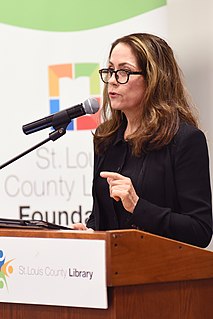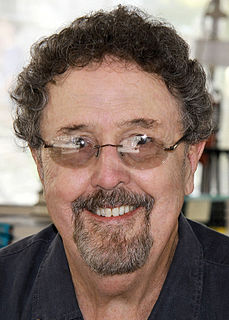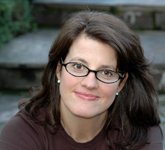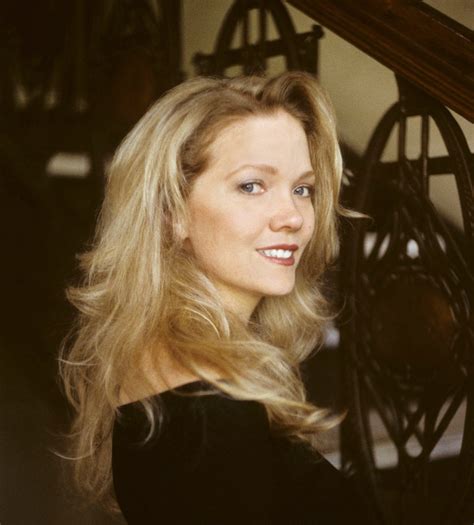A Quote by Mary Karr
Gary Shteyngart has written a memoir for the ages. I spat laughter on the first page and closed the last with wet eyes. Un-put-down-able in the day and a half I spent reading it, Little Failure is a window into immigrant agony and ambition, Jewish angst, and anybody's desperate need for a tribe. Readers who've fallen for Shteyngart's antics on the page will relish the trademark humor. But here it's laden and leavened with a deep, consequential, psychological journey. Brave and unflinching, Little Failure is his best book to date
Quote Topics
Able
Ages
Agony
Ambition
Angst
Antics
Anybody
Best
Book
Brave
Closed
Date
Day
Deep
Desperate
Down
Eyes
Failure
Fallen
First
Gary
Half
His
Humor
Immigrant
Jewish
Journey
Last
Laughter
Little
Memoir
Need
Page
Psychological
Put
Readers
Reading
Relish
Spent
Trademark
Tribe
Wet
Wet Eyes
Will
Window
Written
Related Quotes
A book is something that young readers can experience on their own time. They decide when to turn the page. They'll put their arm right on the page so you can't turn it because they're not ready to go to the next page yet. They just want to look at it again, or they want to read the book over and over because they really enjoy setting the pace themselves.
The enemy is not the badly written page; it is the empty page the great advantage of a badly written page is that it can be rewritten. It can be improved. A blank page is zero. In fact, it’s worse than zero, because it represents territory you’re afraid, unwilling, or too lazy to explore. Avoid exploring this territory long enough, and you’ll abandon your book.
If you take a book with you on a journey," Mo had said when he put the first one in her box, "an odd thing happens: The book begins collecting your memories. And forever after you have only to open that book to be back where you first read it. It will all come into your mind with the very first words: the sights you saw in that place, what it smelled like, the ice cream you ate while you were reading it... yes, books are like flypaper—memories cling to the printed page better than anything else.
My readers often say to me, 'If we lived next door to each other, we'd be best friends.' That is precisely what I wanted to say to smart, funny, self-effacing Ellen McCarthy after I finished reading The Real Thing. I loved every lesson laid out in a book that wouldn't dare to call itself a field guide to marriage but amounts to as much on every page. This is a deeply useful little book.
Well, we think that time "passes," flows past us, but what if it is we who move forward, from past to future, always discovering the new? It would be a little like reading a book, you see. The book is all there, all at once, between its covers. But if you want to read the story and understand it, you must begin with the first page, and go forward, always in order. So the universe would be a very great book, and we would be very small readers.
The tribe is whatever we believe it is. If we say the tribe is all the Little Ones in the forest, and all the trees, then that is what the tribe is. Even though some of the oldest trees here came from warriors of two different tribes, fallen in battle. We become one tribe because we say we're one tribe." Ender marveled at his mind, this small raman [member of another sentient species]. How few humans were able to grasp this idea, or let it extend beyond the narrow confines of their tribe, their family, their nation.
When we want a book exactly like the one we just finished reading, what we really want is to recreate that pleasurable experience--the headlong rush to the last page, the falling into a character's life, the deeper understanding we've gotten of a place or a time, or the feeling of reading words that are put together in a way that causes us to look at the world differently. We need to start thinking about what it is about a book that draws us in, rather than what the book is about.







































